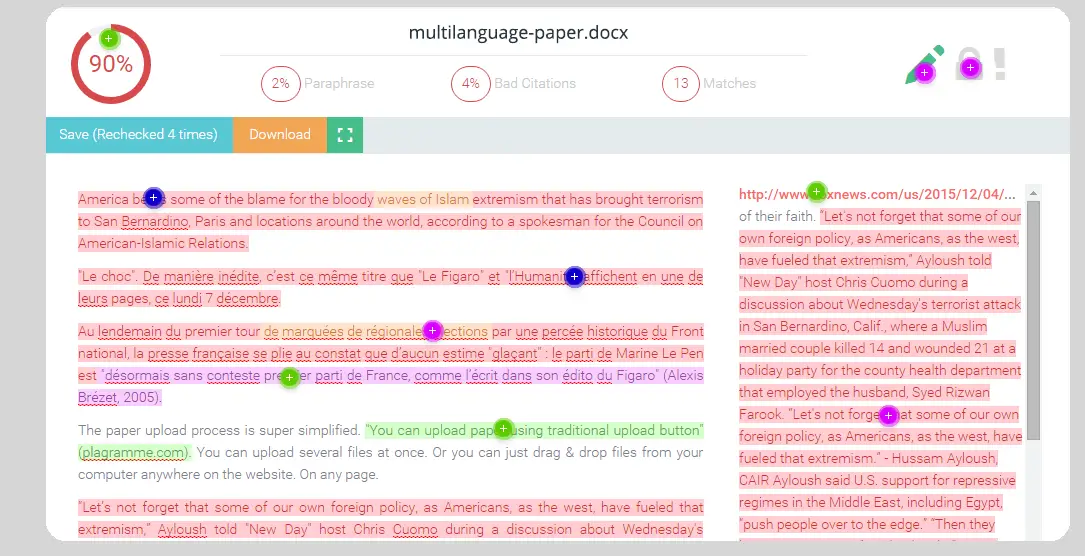

Unintentionally using someone else's ideas.

It can sometimes be difficult to compose a research paper or literary analysis without While plagiarism is something most students and writers struggle to avoid, Making sure everything you have written is unique and authentic is absolutely critical. When you work on an academic paper or create web content, The author proposes Citation-based Plagiarism Detection to address this shortcoming. Of why these approaches fail to detect disguised plagiarism forms. This weakness of current systems results in a large percentage of scientific plagiarism going undetected.īela Gipp provides an overview of the state-of-the art in plagiarism detection and an analysis However, even today’s best software-based systems can only reliably identify copy & paste plagiarism.ĭisguised plagiarism forms, including paraphrased text, cross-language plagiarism,Īs well as structural and idea plagiarism often remain undetected. Plagiarism is a problem with far-reaching consequences for the sciences. The definition used in this thesis does not necessarilyĬharacterize academic plagiarism as theft for the following reasons. Theft describes theĭeliberate appropriation of foreign property without the consent of the rightful Stealing words or ideas from other authors.

Other researchers commonly define academic plagiarism as literary theft, i.e. "The use of ideas, concepts, words, or structures withoutĪppropriately acknowledging the source to benefit in a setting


 0 kommentar(er)
0 kommentar(er)
